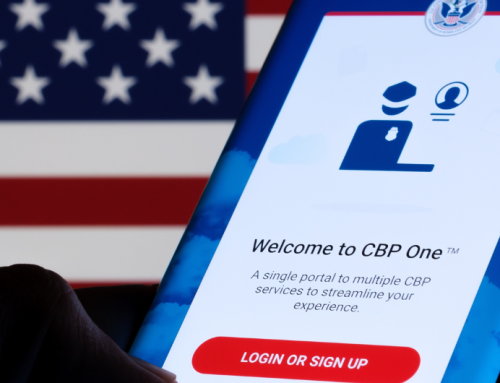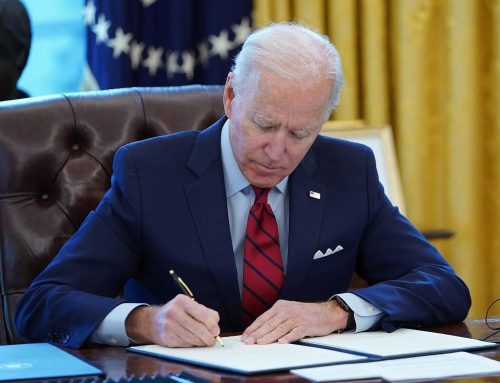Advance Parole: Travelling While Adjusting Your Immigration Status
Welcome to the I.S. Law Firm blog, where we strive to provide valuable information on various aspects of U.S. immigration law. In today’s blog, we will shed light on a topic that often raises questions and concerns among individuals adjusting their immigration status: Advance Parole. If you are in the process of applying for a Green Card or have pending applications with the United States Citizenship and Immigration Services (USCIS), this blog will help you understand what Advance Parole is, its significance, and how it can impact your travel plans.
What is Advance Parole?
Advance Parole is an official document issued by the USCIS that allows certain non-U.S. citizens who are in the process of adjusting their immigration status to re-enter the United States after traveling abroad. It serves as permission to travel internationally and preserves an individual’s pending applications while they are outside the country. Advance Parole allows individuals to travel without abandoning their pending immigration applications.
Who is eligible for Advance Parole?
Advance Parole is typically available to individuals who fall under the following categories:
- Adjustment of Status Applicants: Individuals in the United States have submitted an application to adjust their status to that of a lawful permanent resident (Green Card). (Related post: My adjustment of status application is pending but my travel authorization has not been approved yet. I have a family emergency outside the U.S., what can I do?)
- Asylum applicants: Asylum seekers who have a pending asylum application or have been granted asylum in the United States. (Recommended article: Asylum Travel – Refugee Travel Document).
- Temporary Protected Status (TPS) beneficiaries: Non-U.S. citizens who have been granted TPS and wish to travel outside the United States temporarily.
- Deferred Action for Childhood Arrivals (DACA) recipients: Individuals who have received DACA status and need to travel for humanitarian, educational, or employment purposes.
- Other specific circumstances: In certain cases, individuals in unique circumstances may be eligible for Advance Parole. These cases may include compelling emergencies or significant public interest.
Why is Advance Parole important?
Obtaining Advance Parole is crucial for individuals with pending immigration applications who wish to travel outside the United States. Without Advance Parole, departing the country could result in the abandonment of their applications. This means they would have to restart the entire immigration process, potentially facing significant delays, increased expenses, and uncertainty regarding their future status.
It’s important to note that Advance Parole does not guarantee entry back into the United States. Upon re-entry, it is subject to inspection and approval by the Customs and Border Protection (CBP) officers. Therefore, individuals must always ensure they have the necessary supporting documents and meet all requirements for admission.
Applying for Advance Parole:
To apply for Advance Parole, applicants must submit Form I-131, Application for Travel Document, supporting documentation, and the required fee to the USCIS. The application process may vary depending on the applicant’s immigration status and the reason for travel.
However, it is crucial to understand the eligibility requirements, application procedures, and potential risks associated with Advance Parole. Consulting with an immigration attorney can provide personalized guidance, ensuring you have the best chances of obtaining an Advance Parole and successfully re-entering the United States.
For personalized advice or assistance with immigration matters, I.S. Law Firm invites you to schedule a consultation with our experienced attorney using the link: Schedule a Consultation – I.S. Law Firm, PLLC. We look forward to discussing your case and providing the guidance you need to achieve your immigration goals.





